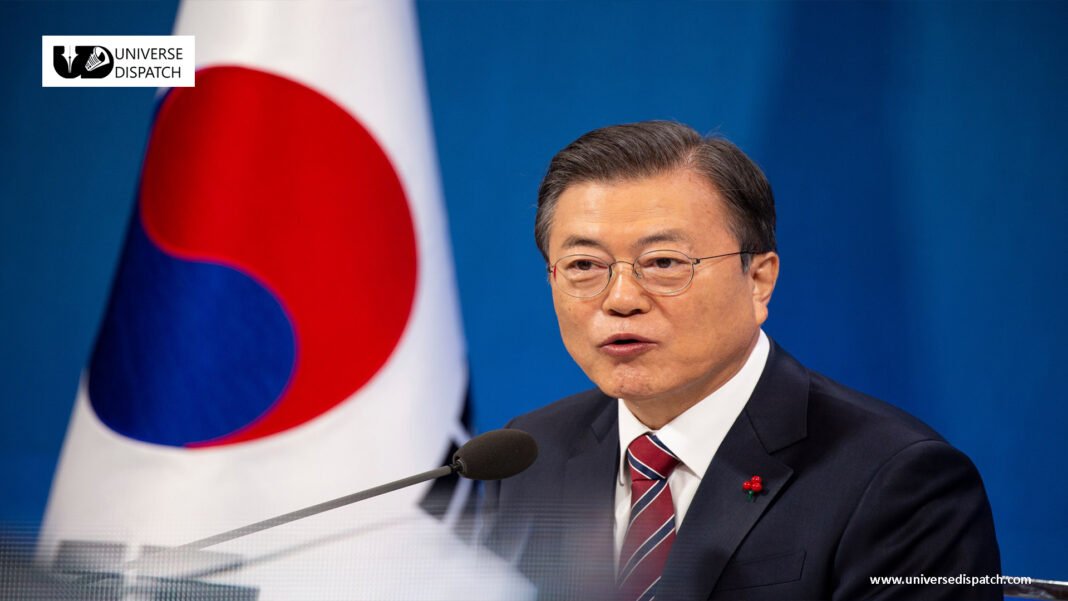Can South Korea’s Embattled Moon Secure His Legacy:
South Korea’s Embattled Moon Secure his Legacy. Moon is seen by South Koreans as a progressive and realistic politician. They are unconvinced, however, of his ability to manage economic policy. In South Korean history, Moon is more famous than almost any other president. He started his presidency with an approval rating of 81 per cent and remained above 70 per cent until July 2018. But he’s waning in popularity. This in itself is not uncommon. South Korean presidents serve a single five-year term. But in the second half of their presidency, they begin to lose momentum.
Some lawmakers are starting to concentrate on the next election around the halfway point. That avoids making as much of an attempt to help the president fulfil previous campaign promises. According to a Realmeter and YTN poll. While Moon’s approval rating remains high, it slipped below 50 per cent for the first time in early December.
But he’s waning in popularity. This itself is not uncommon. South Korean presidents serve a single five-year term. But in the second half of their presidency. They begin to lose momentum. Some lawmakers are starting to concentrate on the next election around the halfway point and avoid making as much of an attempt to help the president fulfil previous campaign promises. According to a Realmeter and YTN poll, while Moon’s approval rating remains high, it slipped below 50 per cent for the first time in early December.
South Korea’s youth unemployment has steadily been above 9 per cent:
Three months after taking office, Moon announced an ambitious five-year plan. It included a reformist economic policy with higher corporate and real estate taxes, rooting out corruption, reducing reliance on nuclear energy, and defence reform. A year and a half into his presidency, however, the economic policies moon has put in place have not to jump started the Korean economy. Rapid increases in the minimum wage, shorter working hours, higher corporate tax rates, and haphazard housing policies have all contributed to anaemic growth, without many jobs created.
Over the past four years, South Korea’s youth unemployment has steadily been above 9 per cent, and 48.6 per cent of older South Koreans live in poverty, the highest among the 34 OECD nations. To his progressive base, these problems are extremely relevant. If Moon can’t deliver, even if his inter-Korean policies remain common, and especially if those policies become costly, he risks losing their support.




